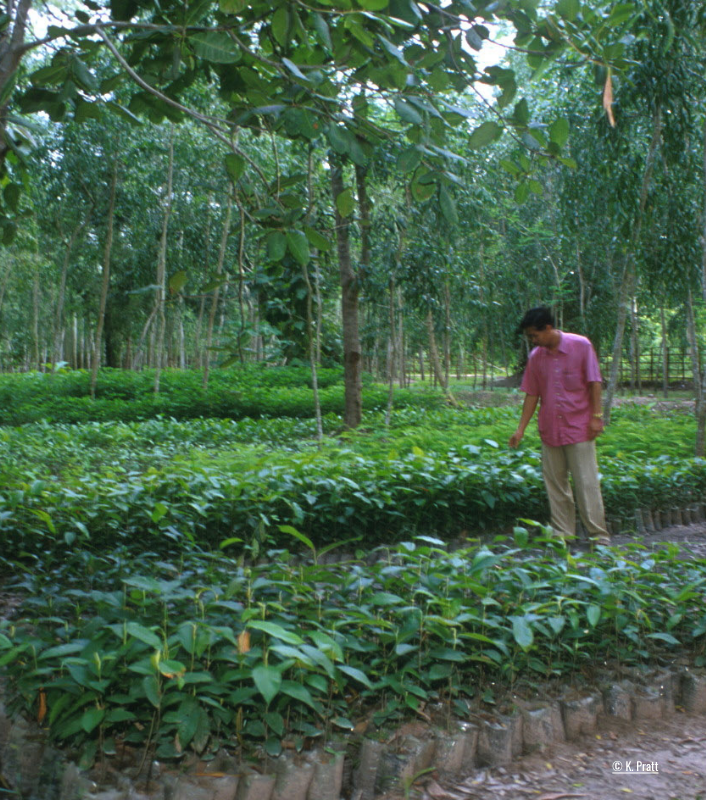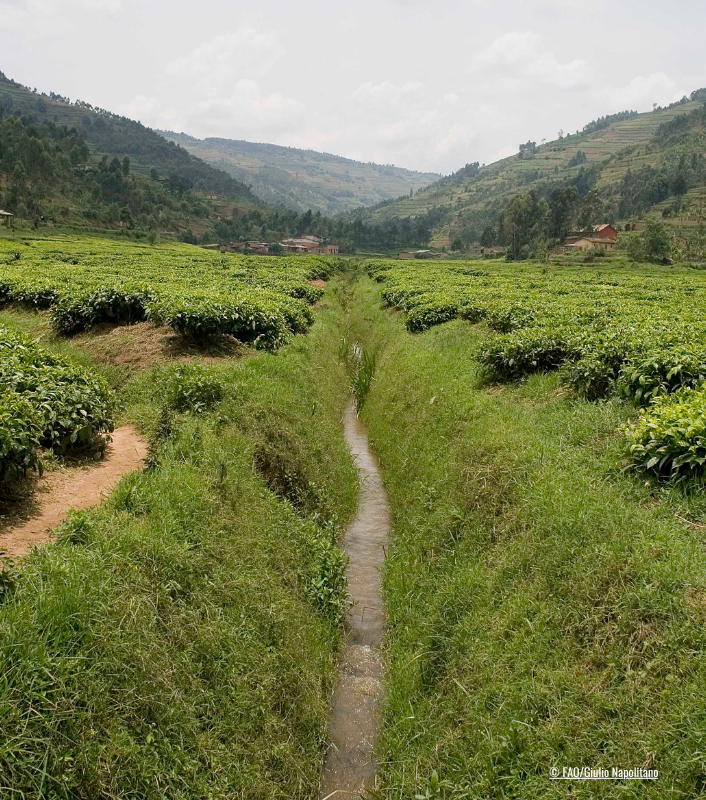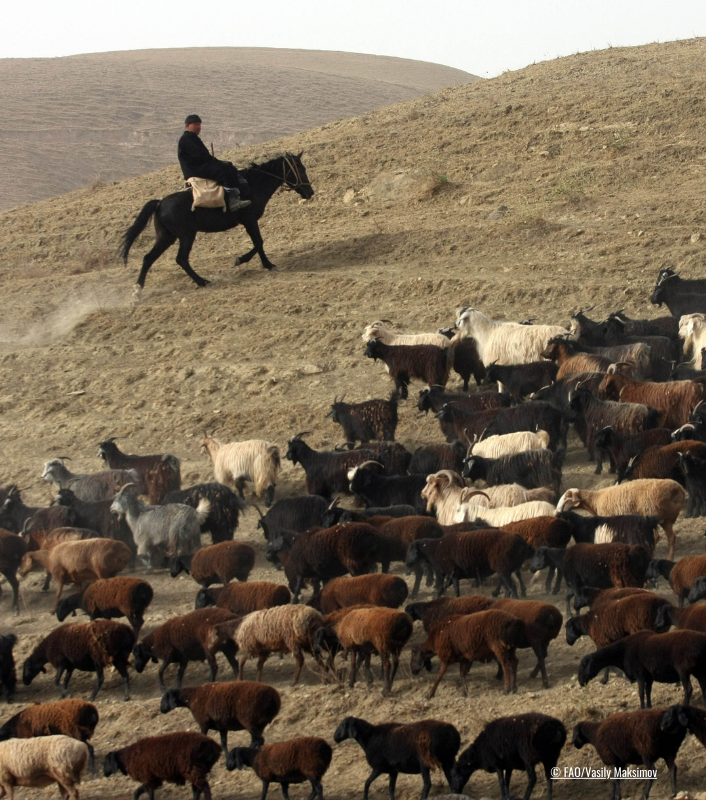GLOBAL ASSISTANCE
Boost nature-based solutions
Coalition of Action 4 Soil Health (CA4SH)
Type of Assistance
- Strategies and policies formulation: support the formulation or review of national food system related strategies, policies and legal frameworks. Normative guidance: e.g. development or review of guidelines and how to use them at country level
- National Pathway formulation, update or operationalization: support the formulation, update, prioritization or operationalization of Pathways. Operationalization can be done through e.g. Pathway implementation plan development, costing the Pathway or assistance to setting up governance structures for Pathway implementation
- In-country technical support missions for pathways development, operationalization or implementation (system-wide or thematic). Expert assistance: deploy or assign expert to country remotely or physical or maintain roster of experts and thought Leaders
- Collaboration across key aspects currently constraining farmers from scaling healthy soil practices, including financial, monitoring, policy and implementation barriers.
- Support from the Working Groups: Engagement and Communication; Policy; Finance; Research; Implementation; and Monitoring: https://www.coalitionforsoilhealth.org/working-groups
Coverage: Global
Summary of Assistance:
The Soil Health Resolution
The Soil Health Resolution is a set of commitments to enable and scale healthy soil practices to mitigate and adapt to climate change, restore biodiversity, improve water resilience, enhance food and nutrition security, and protect natural and cultural heritage. CA4SH is implementing an engagement roadmap to support member states to bring forward the Soil Health Resolution at COP28 and beyond.
Policy briefs on including soil organic carbon into National Determined Contributions (NDCs)
Healthy soils are the foundation of sustainable and regenerative food systems and provide several vital ecosystem services. Despite the benefits of healthy soils, there are few policies that incentivise farmers to invest in maintaining and improving soil health. This set of policy briefs focus on opportunities to include soil health in the NDCs in Ethiopia, Kenya, Ghana, Mali, Senegal and Zambia.
Furthermore, CA4SH has a policy target and is liaising with key countries who have implemented successful soil health policies to share knowledge and tools across the members. CA4SH is highlighted in the EU Soil Mission as well as the UK Soil Inquiry. Here is the webpage on soil policy: https://www.coalitionforsoilhealth.org/policy-1
Partner Building
CA4SH has over 135 partners to date including NGOs, farmer organizations, research, private sector, and government, and we are continuing to build partnerships to achieve the goal of scaling soil health globally. At a country level, member states are engaging around the policy aspects and supporting the process to bring forward the Soil Health Resolution. Soil is a unifier, therefore CA4SH brings together partners such as small NGOs with a particular contextual focus to private sector, working globally. Anchored in the UNCCD, CA4SH provides opportunities for all voices to be heard and has participated in UNCCD COP15, UNFCCC COP27, and will again host Soil Health Day at the UNFCCC COP28. Partners will guide and catalyze public and market-based private sector investments in soil health with positive outcomes for economic returns and growth, improved productivity and rural livelihoods, climate action and nature.
Focal Points and Contact: Dr. Leigh-Ann Winowiecki, [email protected] ; CA4SH Coordination Team: [email protected]
Relevant Links & Documents: Website

Food, Agriculture, Biodiversity, Land Use and Energy (FABLE) Consortium
Type of Assistance
National Pathway formulation, update or operationalization: support the formulation, update, prioritization or operationalization of Pathways. Operationalization can be done through e.g. the design of quantitative targets for food and land-use system transformation, participatory modeling that facilitates the involvement of stakeholders to ensure buy-in for pathway implementation, capacity building for pathway design.
In-country technical support missions for pathways development, operationalization or implementation (system-wide or thematic). Expert assistance: deploy or assign expert to country remotely or physical or maintain roster of experts and thought Leaders
Coverage: Global
Summary of Assistance:
FABLE pathways show how food and land-use systems can contribute to meeting global long-term goals, such as the SDGs, the Paris Agreement mitigation targets, and the Convention on Biological Diversity objectives, while also addressing national priorities. These pathways illustrate the spillover effects that courses of action have at the global level. They are developed by local scientists in collaboration with policymakers.
To develop these bottom-up pathways, FABLE strengthens local technical capacity to operate integrated models such as the FABLE Calculator, a simplified tool to model food and land-use systems tailored to the local context. FABLE provides local researchers with stronger programming skills, extended knowledge on modeling mechanisms for food and land systems, locating the best data available, and representing local policies using modeling tools. FABLE links the global ambition with national priorities in food and land-use and the international agricultural trade dynamics. This bottom-up approach can help policymakers identify gaps quickly between the envisaged measures set out in strategic national policy documents and the realization of global objectives. It can help ensure policy coherence across the critical sustainability dimensions of the food and land-use system. With FABLE pathways, policymakers and scientists can ensure consistency across the UNFSS pathways, climate and biodiversity national action plans, and other relevant national policies.
Focal Points and Contact: Maria Diaz, [email protected] , Aline Mosnier, [email protected]
Relevant Links & Documents: Website
Coalition of Action for Shifting to Healthy, Human, and Equitable Livestock Systems (SHHELS)
Type of Assistance
- National Pathway formulation, update or operationalization: support the formulation, update, prioritization or operationalization of Pathways. Operationalization can be done through e.g. Pathway implementation plan development, costing the Pathway or assistance to setting up governance structures for Pathway implementation
- Strategies and policies formulation: support the formulation or review of national food system related strategies, policies and legal framework. Normative guidance: e.g. development or review of guidelines and how to use them at country level
Coverage: Global
Summary of Assistance:
The Coalition of Action for Shifting to Healthy, Human, and Equitable Livestock Systems (SHHELS) aims to support governments with the implementation of their strategies, plans and policies through policy engagement and dialogue. The Coalition support country level assistance by offering:
- One-to-one mentorship, support, advice that is tailored to the needs of individual countries.
- Facilitating national level livestock dialogues and capacity building with a focus on supporting national governments in identifying and driving forward policies and practices that deliver on their food system transformation pathways or national policy priorities.
- Coordinating and supporting the development of new research or evidence-based briefings.
- Facilitating knowledge exchange and co-creation and peer-to-peer learning with stakeholders across the livestock system - with a specific focus on achieving a healthy, humane and equitable livestock system through a 'just transition' approach.
- Showcasing best practices in holistic healthy, sustainable and humane livestock systems through the development of national case studies.
SHHELS has developed a policy brief on the economic case for more equitable livestock transition and how this can work financially.
Focal Points and Contact: Mark Driscoll, [email protected] , Eirini Pitsilidi, [email protected]

